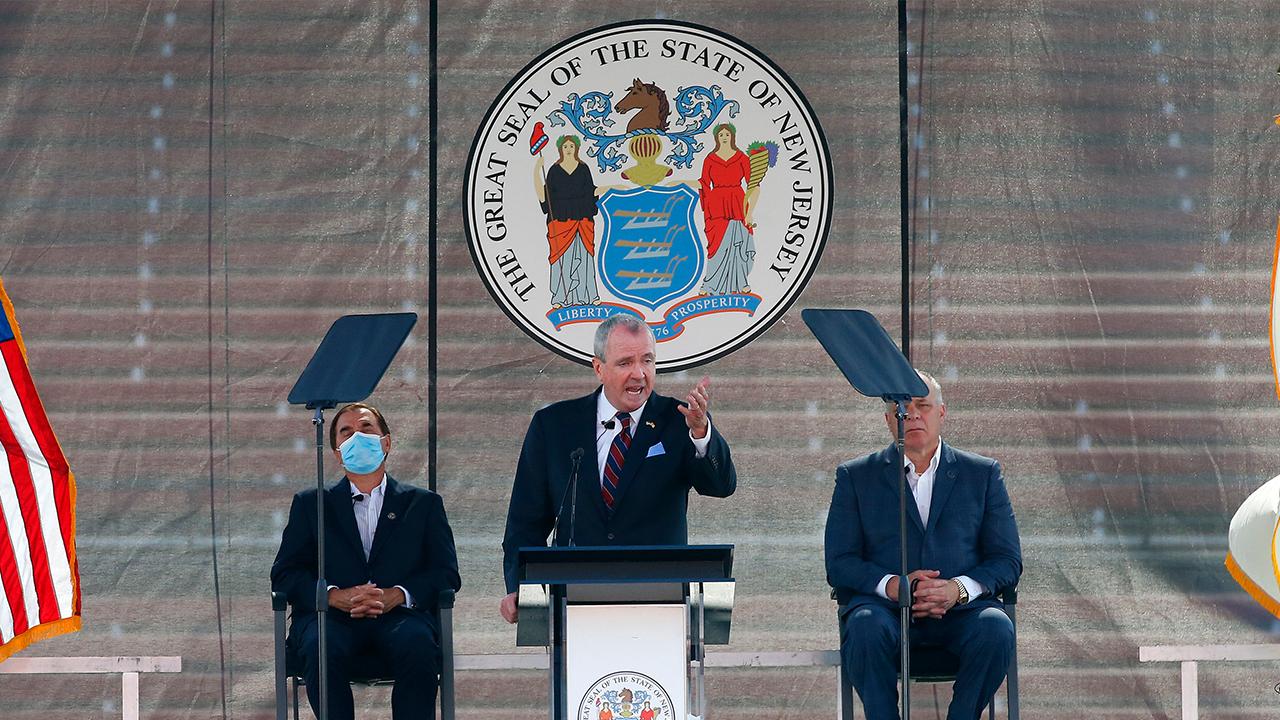New Jersey proposes first-ever $1,000 'baby bond' to narrow wealth gap
The money could not be touched until the child turned 18
Most children born in New Jersey would be entitled to receive a $1,000 "baby bond" when they turn 18 under a new proposal introduced Tuesday by Gov. Phil Murphy in a bid to close the state's wealth gap.
The New Jersey initiative, which must still be approved by the state legislature, would put $1,000 into an account when children are born. The money could not be touched until a child turned 18, and could only be used to pay for certain "wealth-generating activities" such as pursuing higher education, purchasing a home or starting a business.
NJ GOV. PHIL MURPHY’S PLAN TO BORROW $10B DEEMED CONSTITUTIONAL
The bonds, which will start with babies born in 2021, will be given to children in households earning less than 500% of the Federal Poverty Level, or up to $131,000 per year for a family of four. Murphy, a Democrat, estimated that three out of four children in the state would receive the bonds, or roughly 72,000 babies born in 2021.
According to a projection from The New York Times, the bond will be worth about $1,270 after 18 years.
“We happily reserve the right to top it off with more money,” Murphy told the Times. “This is the start.”
JOE PISCOPO WARNS NEW JERSEY GYMS WILL GO OUT OF BUSINESS THANKS TO GOV. MURPHY
The proposal is a scaled-back version of legislation introduced last year by Sen. Cory Booker, D-N.J., and Rep. Ayanna Pressley, D-Mass., that would add more money to a child's account each year -- up to $46,000 for children in the poorest families.
Critics whether the cash-poor state could afford the program, which is expected to cost an estimated $80 million per year.
“It’s a feel-good measure that accomplishes nothing,” New Jersey Sen. Michael L. Testa Jr. told the Times. “It’s not even a down payment on a car.”
READ MORE ON FOX BUSINESS BY CLICKING HERE
One-fifth of U.S. households in 2018 earning more than $130,000 represented 52% of the nation's wealth, more than the other four-fifths combined, according to the Pew Research Center.
The U.S. has the highest level of income inequality compared to any other G7 nation, which some economists say could be worsened by the coronavirus pandemic.
Job losses during the virus-induced recession appeared to be concentrated among low-income workers: About 39% of individuals working in February with a household income below $40,000 reported losing their job in March, according to Federal Reserve data.
“Low-income households have experienced, by far, the sharpest drop in employment, while job losses of African Americans, Hispanics and women have been greater than that of other groups,” Chairman Jerome Powell said in June. “If not contained and reversed, the downturn could further widen gaps in economic well-being that the long expansion had made some progress in closing.”
GET FOX BUSINESS ON THE GO BY CLICKING HERE




















